Results
-
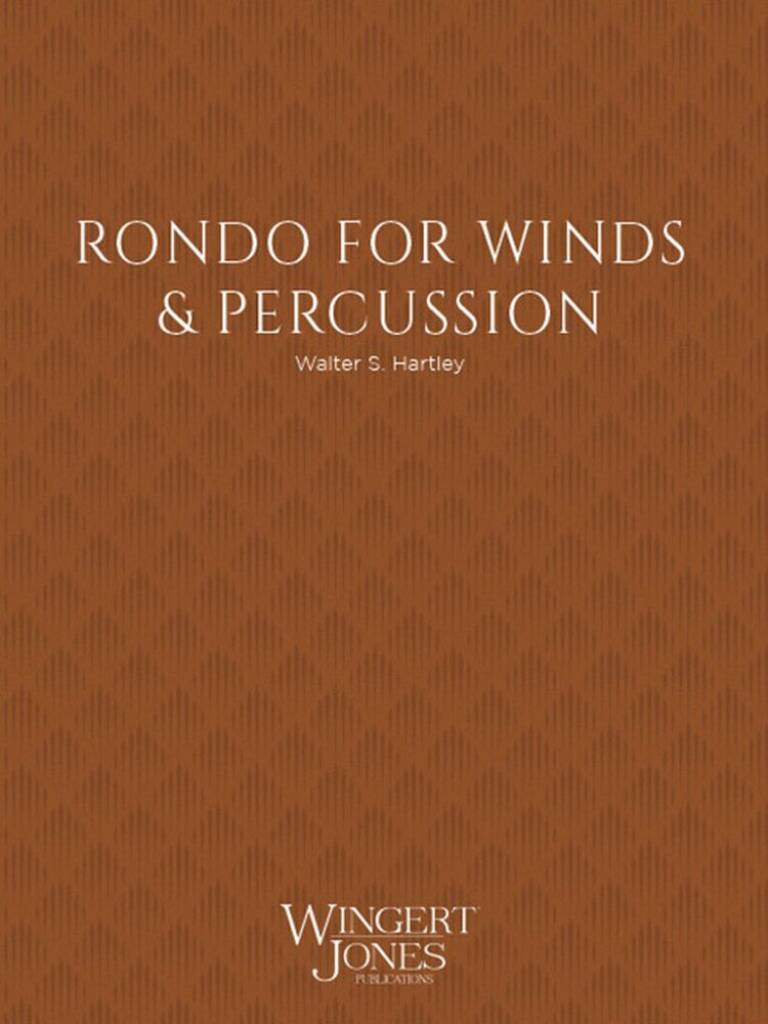 £137.00
£137.00Rondo for Winds and Percussion - Walter S. Hartley
This challenging, dramatic work appeared relatively early among the concert band projects of Walter Hartley. It is filled with Hartleys unique approach to mid-20th century serial composition at a vigorous allegro con brio. Bold unisons, expanded harmonic clusters, and soloistic passages appear in tandem with two recognizable themes that recur in a classic rondo form. This is a quick, smart, concise look at an important time of musical creativity for the accomplished band.
Estimated dispatch 7-14 working days
-
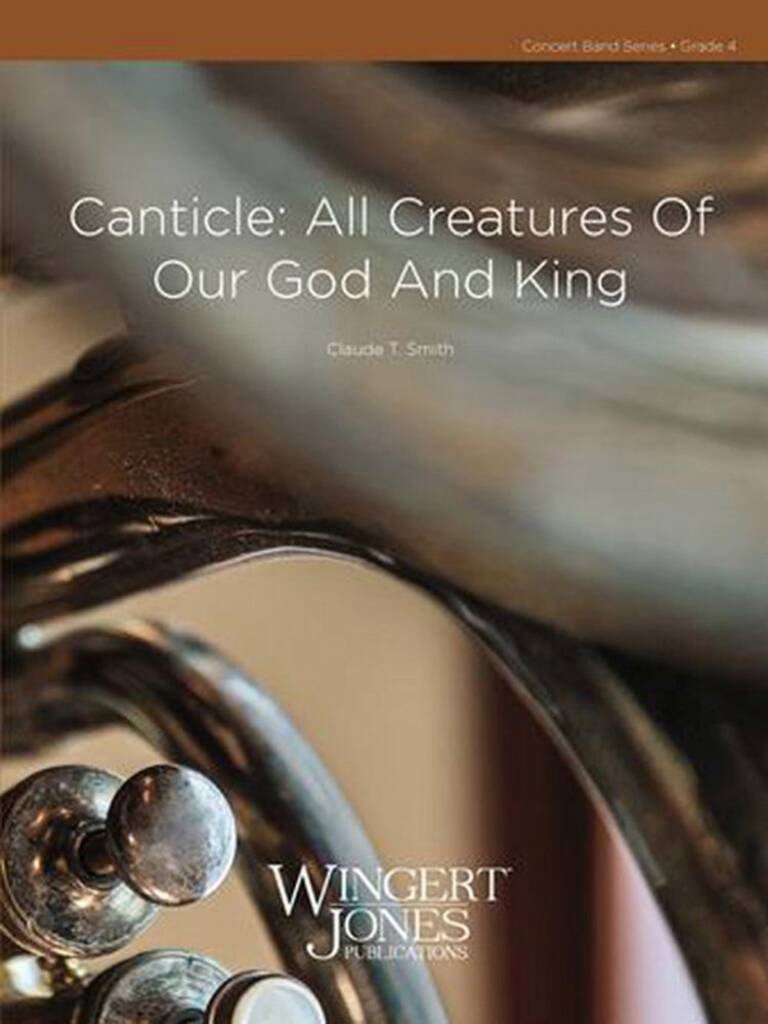 £104.50
£104.50Canticle All Creatures Of Our God and King - Claude T. Smith
An exceptional work based upon the well-known hymntune. Both musical and sonorous, the composer extracts every ounce of power available in the spectacular conclusion. Adding to the finale is an optional organ part, making it especially effective a concert closer. This is one of several sacred settings available from the talented pen of Claude T. Smith. (5 minutes, 45 seconds)
Estimated dispatch 7-14 working days
-
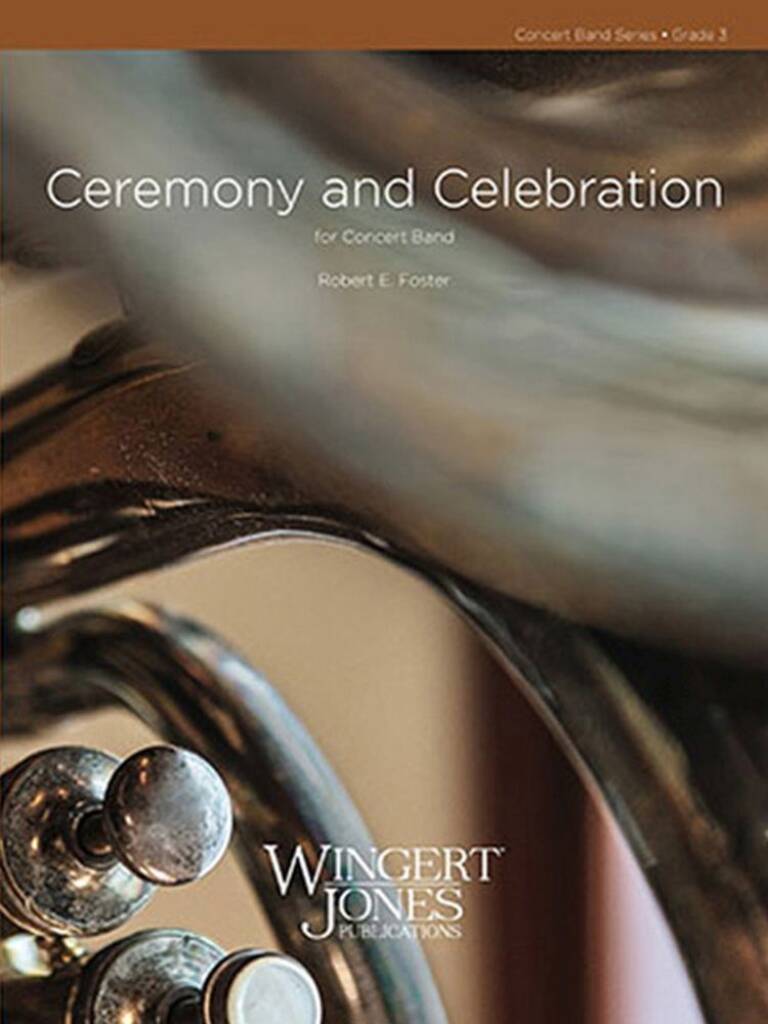 £82.50
£82.50Ceremony and Celebration - Robert E. Foster
Scored to be successfully performed by junior or senior high school bands with limited instrumentation. The composer has provided a work of colorful melodies and exciting rhythms specifically adapted for such bands. Youll find this to be especially effective for less experienced bands. (3 minutes)
Estimated dispatch 7-14 working days
-
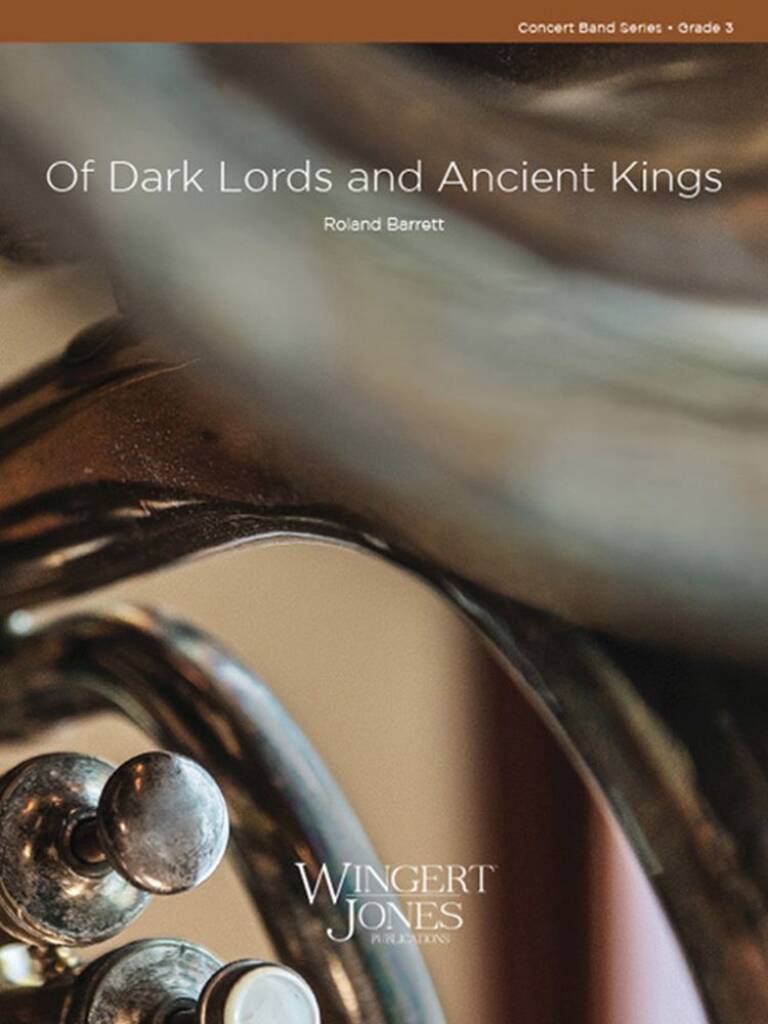 £82.50
£82.50Of Dark Lords and Ancient King - Roland Barrett
This riveting concert piece offers bold, ancient sounds to present an interesting change in mood and style in your concert program.
Estimated dispatch 7-14 working days
-
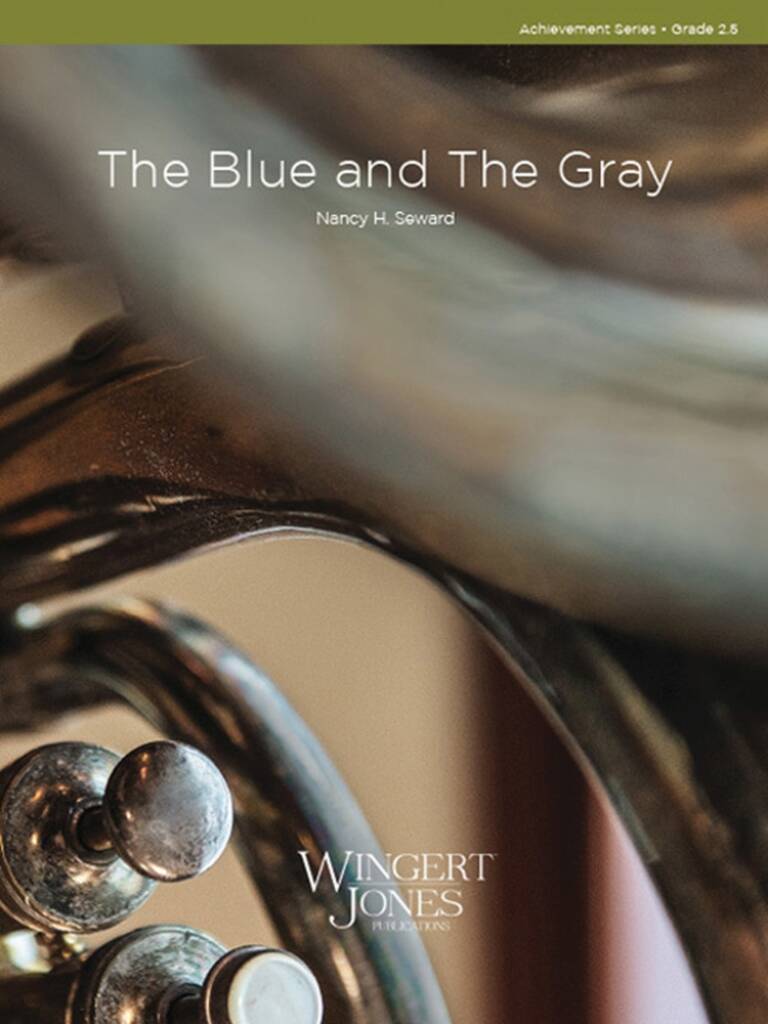 £71.50
£71.50The Blue and The Gray - Nancy H. Seward
Music from the Civil War, concluding with The Battle Hymn of the Republic, this is a great teaching piece, not only musically, but in interdisciplinary ways, including history, social studies and geography. ( 2 minutes 35 seconds)
Estimated dispatch 7-14 working days
-
£82.50
Fanfare and Aria - Barry E. Kopetz
This piece opens with a dramatic fanfare which provides the basis for the principal thematic material for the piece. The aria that follows is reminiscent of a vocal aria in its purity and beauty. (6:05)
Estimated dispatch 7-14 working days
-
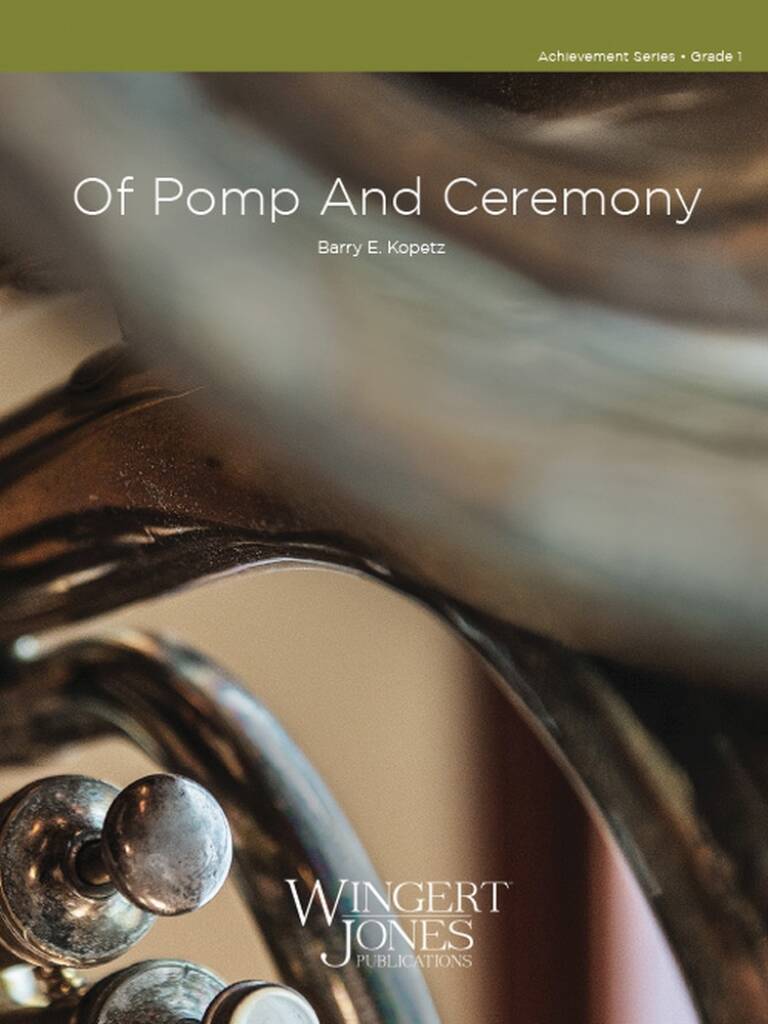 £54.99
£54.99Of Pomp and Ceremony - Barry E. Kopetz
An original work written in the style of Elgars famous Pomp and Circumstance, this work provides young bands with a ceremonial march in the grand tradition.
Estimated dispatch 7-14 working days
-
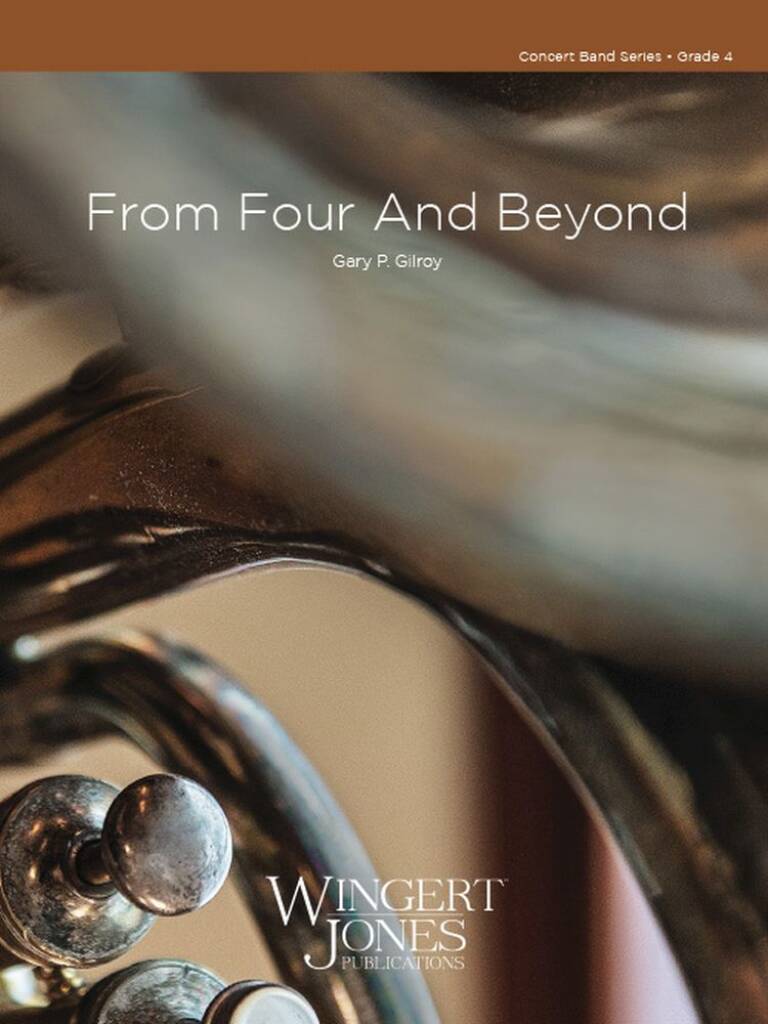 £104.50
£104.50From Four and Beyond - Gary P. Gilroy
This composition is based on a four-note motif that has a decidely collegiate feel, complete with a reflective statement that quotes Troy High Schools alma mater. This is an exciting work that will be enjoyed by experienced bands and their audiences.
Estimated dispatch 7-14 working days
-
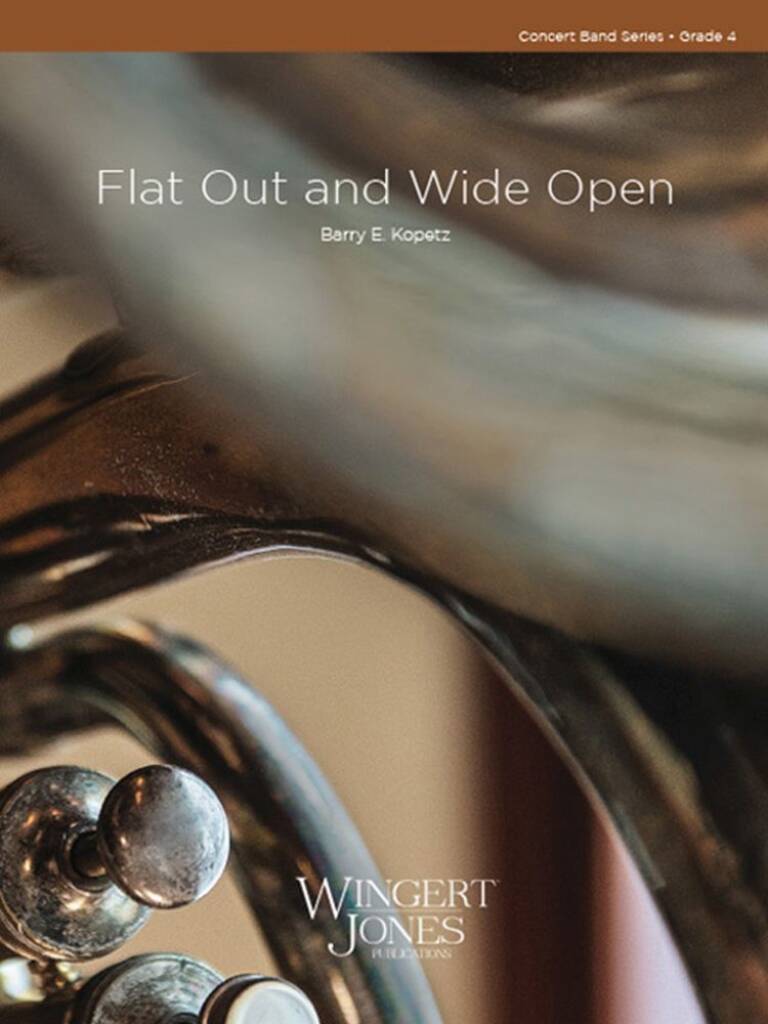 £104.50
£104.50Flat Out and Wide Open - Barry E. Kopetz
Here is a natural extension of the composers experience of rebuilding and driving a classic Mustang. This driving piece can be viewed as a series of "gear shifts" as you race across a straight, flat stretch of highway. Opening with the rev of the engine, the piece quickly moves into high gear for the remainder of the work, built on short, punctuated, intense motivic ideas. These short snippets propel the music forward as though accelerating wildly with an impending sense of loss of control. A real burst of powerful V-8 musical fun.
Estimated dispatch 7-14 working days
-
 £104.50
£104.50America Themes and Variations - Roger Kugler
A resource for warmups, technical study, key signatures and concert performances, this all-encompassing opus is designed to use a familiar theme as an educational tool to develop every section of the concert band. After all the learning is accomplished, your group will have a striking patriotic selection that will find its way into many concerts, pageants or salutes to our military forces.
Estimated dispatch 7-14 working days
